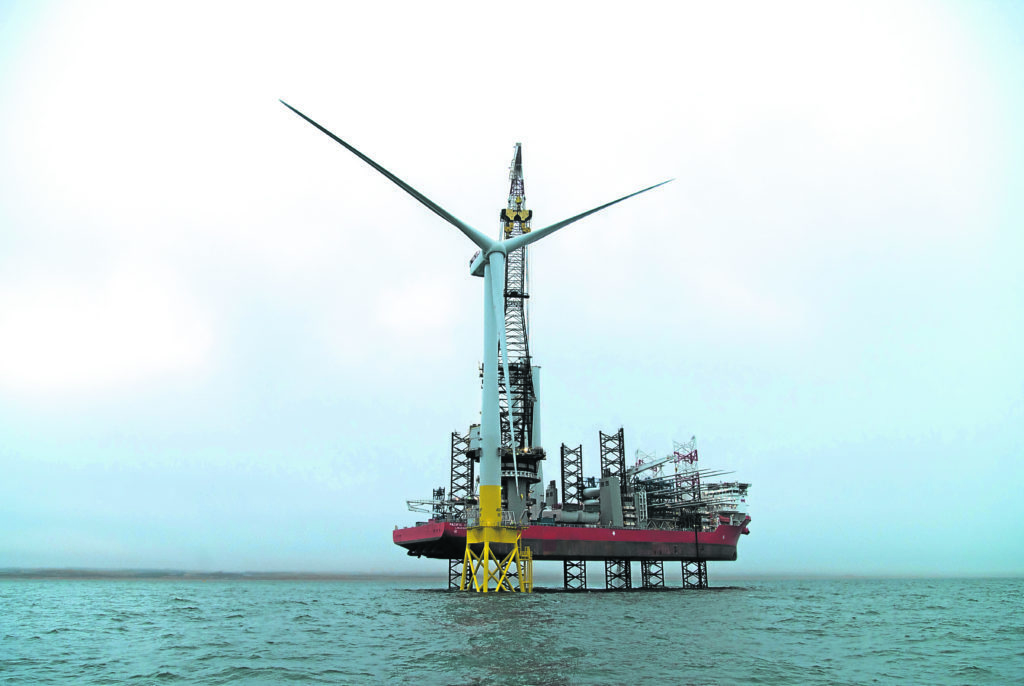
With an offshore wind pipeline approaching 100GW, the UK is recognised as a world leader in the sector. We can feel proud and excited at the same time as being inquisitive about how the supply chain will work together to achieve this ambitious pipeline. Scotland, also known as the ‘windbreak of Europe’, has 3.5GW of offshore wind already operational or under construction. And anyone involved in renewables will know that ScotWind is set to deliver an additional 28GW of installed offshore wind capacity from 20 projects, in addition to an expected 5.5GW from the Innovation and Targeted Oil and Gas (INTOG) leasing round.
As industry continues to grow organically around these opportunities, we see a mix of experienced companies targeting growth possibilities, new entrants eager to find out how they can transfer their skills and experience from oil and gas to renewables, and tech start-ups with innovative ideas. It is now essential that we work together and at pace to realise net zero ambitions.
The UK is already home to offshore wind centres of excellence, submarine power cable manufacturers, logistics service providers, technical services specialists, and environmental consultants to name a few. In Scotland there are more than 9,250 wind energy supply chain businesses, with many more experienced and innovative companies in the North-east ready to transition into offshore wind.
Despite unprecedented opportunities for the supply chain because of the growth in offshore wind, there are still notable challenges that must be overcome to deliver future projects on time.
These include lengthy and complex procurement processes, competition from Europe, complicated engagement processes, capacity constraints and the need to transfer and upskill quickly to meet demand, as well as ensuring a just transition and building infrastructure around ports and manufacturing facilities.
The recently launched Floating Offshore Wind Roadmap sets out a plan to tackle infrastructure challenges head on, outlining the need for £4bn investment in integration and manufacturing/assembly ports to meet the UK’s floating wind ambition.
Developers, government, membership organisations and growth networks are also working hard to help address these challenges. For example, The Offshore Wind Growth Partnership
(OWGP) is a long-term business transformation programme that promotes collaboration across the supply chain and delivers productivity improvements.
Above all, collaboration is key to unlocking the potential for offshore wind across the UK. Suppliers need to be prepared to work together to jointly bid for work, form partnerships locally and globally to strengthen credentials, and jointly approach developers with innovative solutions. We have what it takes, we just need to get after it!
The reward for increased collaboration amongst innovative UK-based suppliers is a considerable export opportunity in the rapidly expanding global market in addition to a growing domestic market.
Collaboration is at the heart of what AREG does, offering its members access to a series of networks, including its popular supply chain and technology group, regular webinars with developers and events to support local and national supply chain companies.
To find out more visit www.aberdeenrenewables.com/
Recommended for you

 © Supplied by Areg
© Supplied by Areg